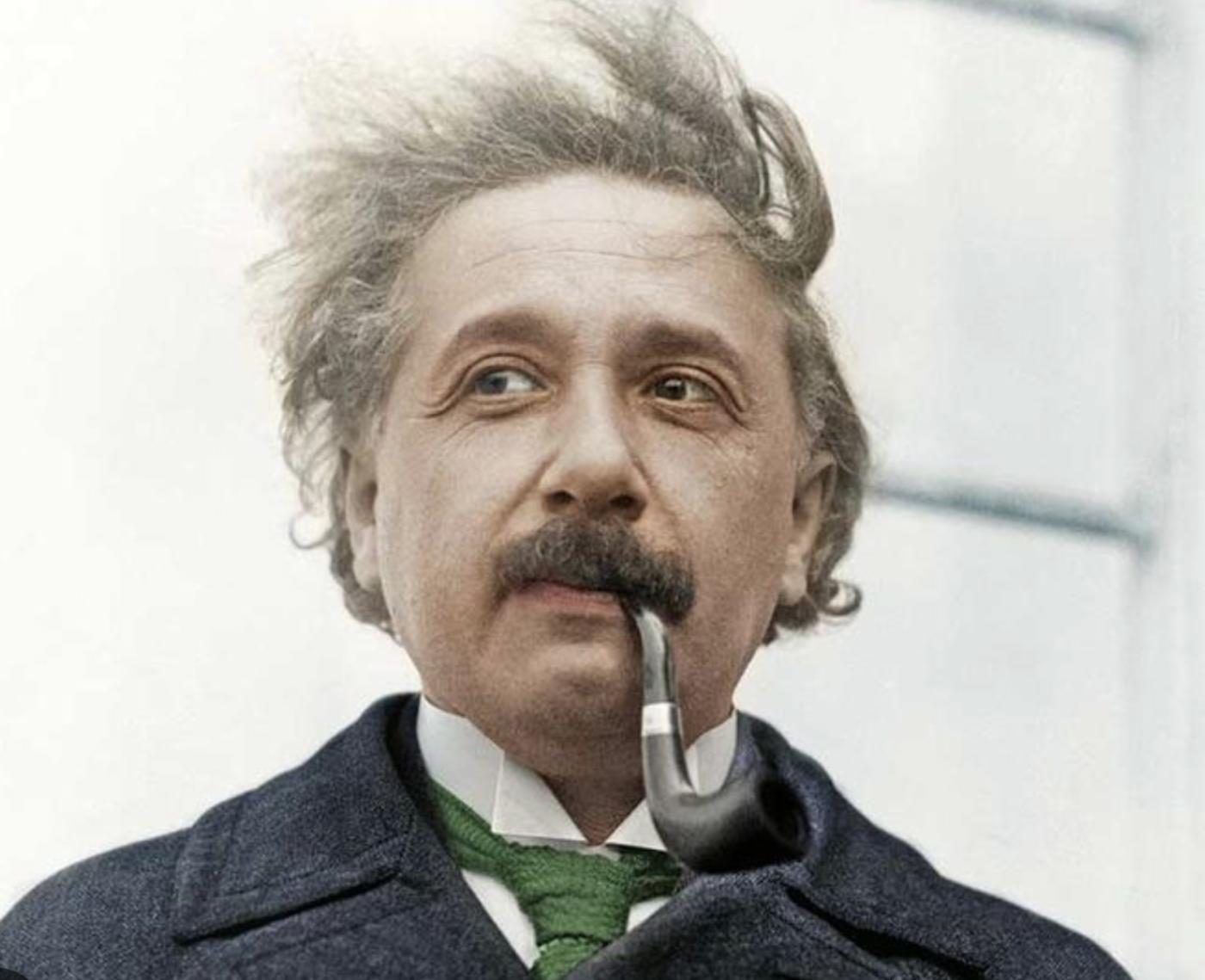
Albert Einstein
Albert Einstein was born on March 14, 1879, in Ulm, in the Kingdom of Württemberg in the German Empire. He grew up in a secular Jewish family in Munich, where his father ran an electrochemical business. From an early age, Einstein showed curiosity about the natural world. A key moment in his childhood was receiving a compass, which sparked a lifelong fascination with invisible forces and the structure of the universe.
Though often portrayed as a poor student, Einstein actually excelled in mathematics and physics. However, he struggled with the strict, authoritarian style of schooling in Germany. At the age of 16, he moved to Switzerland and later attended the Swiss Federal Polytechnic School in Zurich, graduating in 1900 with a diploma to teach mathematics and physics. After a period of unemployment, he began working in 1902 at the Swiss Patent Office in Bern, where he had time to work on scientific ideas during his spare hours.
In 1905, at just 26 years old, Einstein published four groundbreaking papers in the journal Annalen der Physik, in what became known as his "Annus Mirabilis" or "miracle year." These papers transformed physics and laid the foundation for much of modern science. The first explained the photoelectric effect, showing that light could behave as discrete packets of energy called photons, a concept that later became central to quantum theory. For this work, Einstein was awarded the Nobel Prize in Physics in 1921. Another paper explained Brownian motion, providing strong empirical support for the existence of atoms and molecules. Most famously, Einstein introduced the theory of special relativity, which showed that time and space are relative to the observer and not fixed. From this theory came the famous equation, E=mc2E=mc2, demonstrating that mass and energy are interchangeable.
Einstein's work did not stop there. In 1915, after ten years of effort, he presented the general theory of relativity. This theory extended his earlier ideas and offered a new description of gravity, not as a force between objects but as the warping of space-time by mass and energy. General relativity predicted phenomena such as the bending of light around massive objects, which was confirmed during a solar eclipse in 1919. This confirmation made Einstein an international celebrity almost overnight.
As the political climate in Europe darkened with the rise of fascism, Einstein, a vocal critic of Nazism, emigrated from Germany in 1933 after Adolf Hitler came to power. He accepted a position at the Institute for Advanced Study in Princeton, New Jersey, and became a U.S. citizen in 1940. Although a pacifist by nature, Einstein was deeply alarmed by reports that Nazi Germany might be attempting to build a powerful new weapon based on nuclear fission, a process recently discovered by scientists in Europe. In the summer of 1939, Einstein was approached by physicist Leo Szilard, who feared that Hitler's regime could develop an atomic bomb.
Einstein and Szilard co-signed a letter to U.S. President Franklin D. Roosevelt, warning him that Germany was likely pursuing nuclear weapons and urging the United States to begin its own research quickly. This letter played a key role in prompting the U.S. government to fund nuclear research, leading to the creation of the Manhattan Project. Although Einstein was not directly involved in building the bomb and was kept out of the project due to his political views, his equation E=mc2E=mc2 underpinned the scientific principles behind nuclear energy. After the war, he expressed deep regret that his warning had indirectly contributed to the development of such a destructive weapon.
In addition to his scientific work, Einstein was known for his outspoken views on social and political issues. He supported civil rights, was active in anti-war movements, and advocated for a world government to prevent future conflicts. He opposed nationalism and militarism, and in the United States, he spoke out against racial segregation and supported the NAACP and African American intellectuals. In 1952, Einstein was offered the presidency of Israel, a largely ceremonial position, but he declined, saying he did not have the experience or temperament for political office.
Einstein died on April 18, 1955, in Princeton, New Jersey, at the age of 76. His brain was removed during autopsy for scientific study, sparking ethical debates that continue today. His body was cremated, and his ashes were scattered in an undisclosed location, in accordance with his wishes for privacy.
Einstein’s legacy is immense. He fundamentally reshaped our understanding of space, time, gravity, and energy. His name has become synonymous with genius, and his ideas continue to influence not only physics but also philosophy, cosmology, and even the arts. He remains one of the most influential thinkers of all time, not just for his scientific achievements, but for his commitment to peace, justice, and the unity of humanity.










